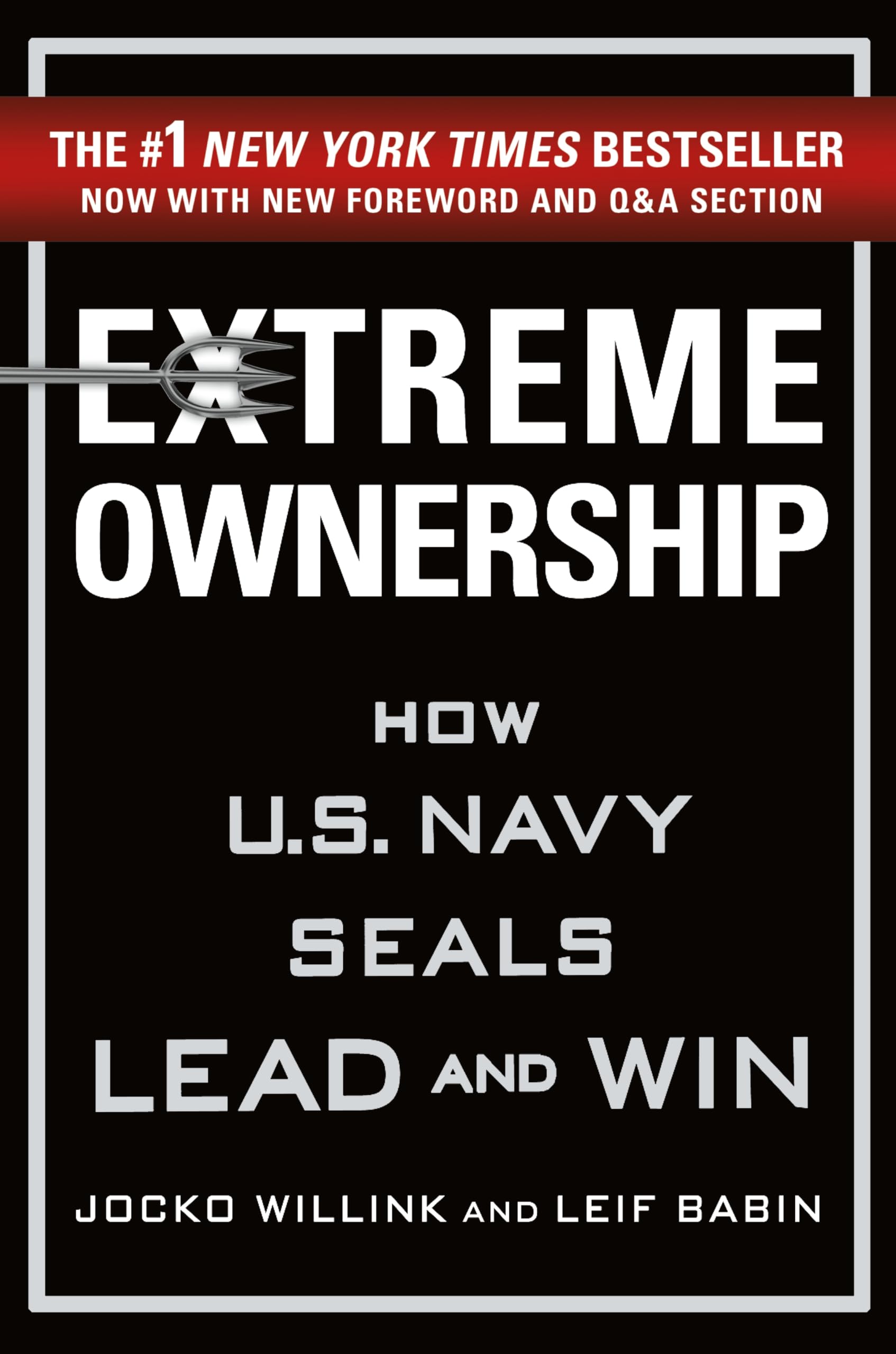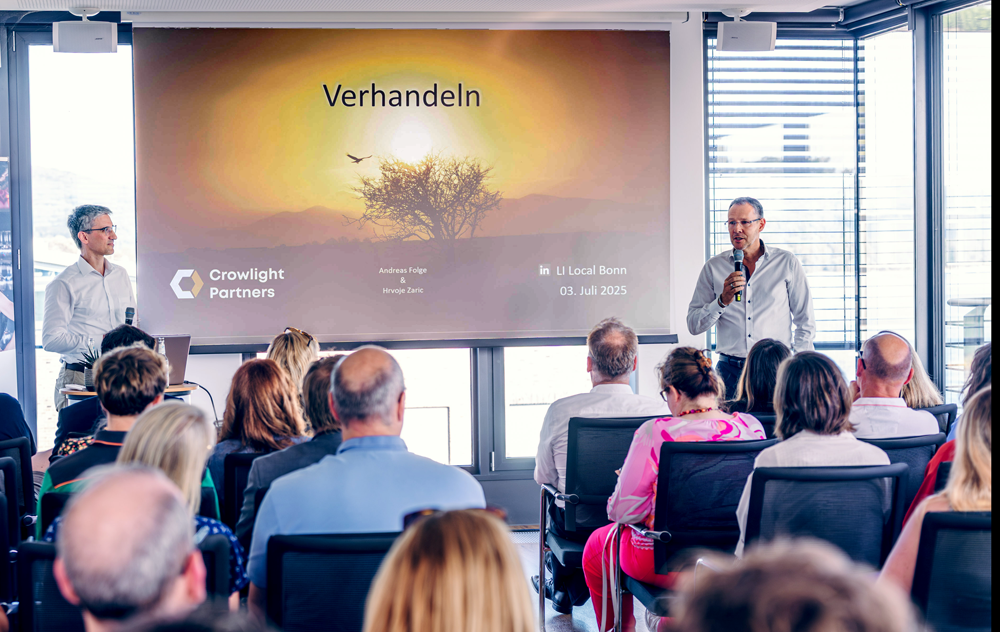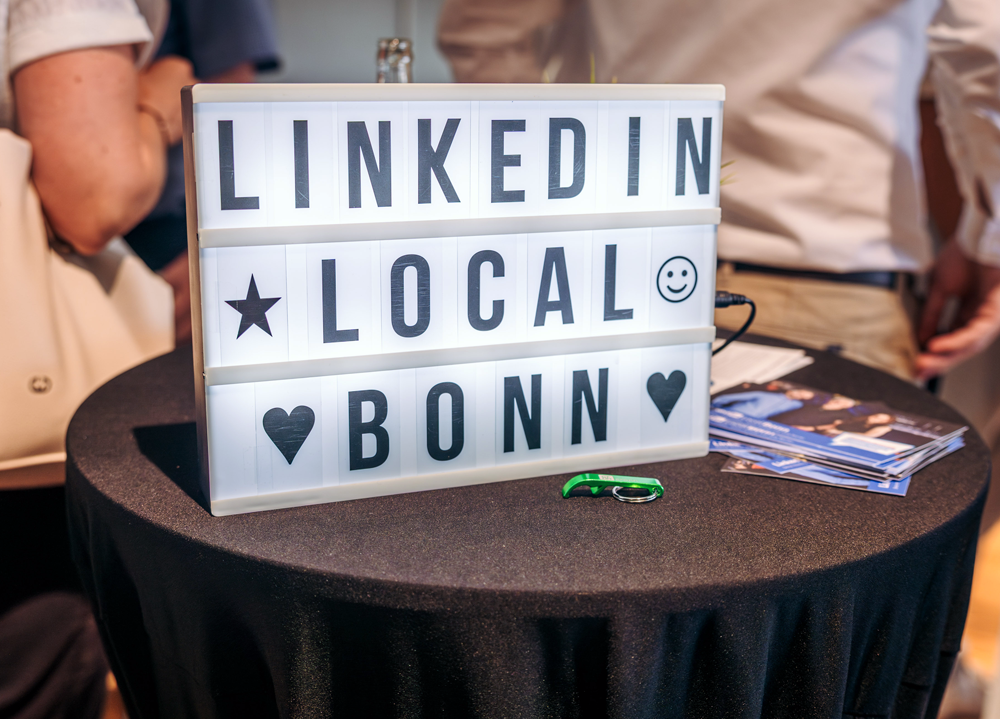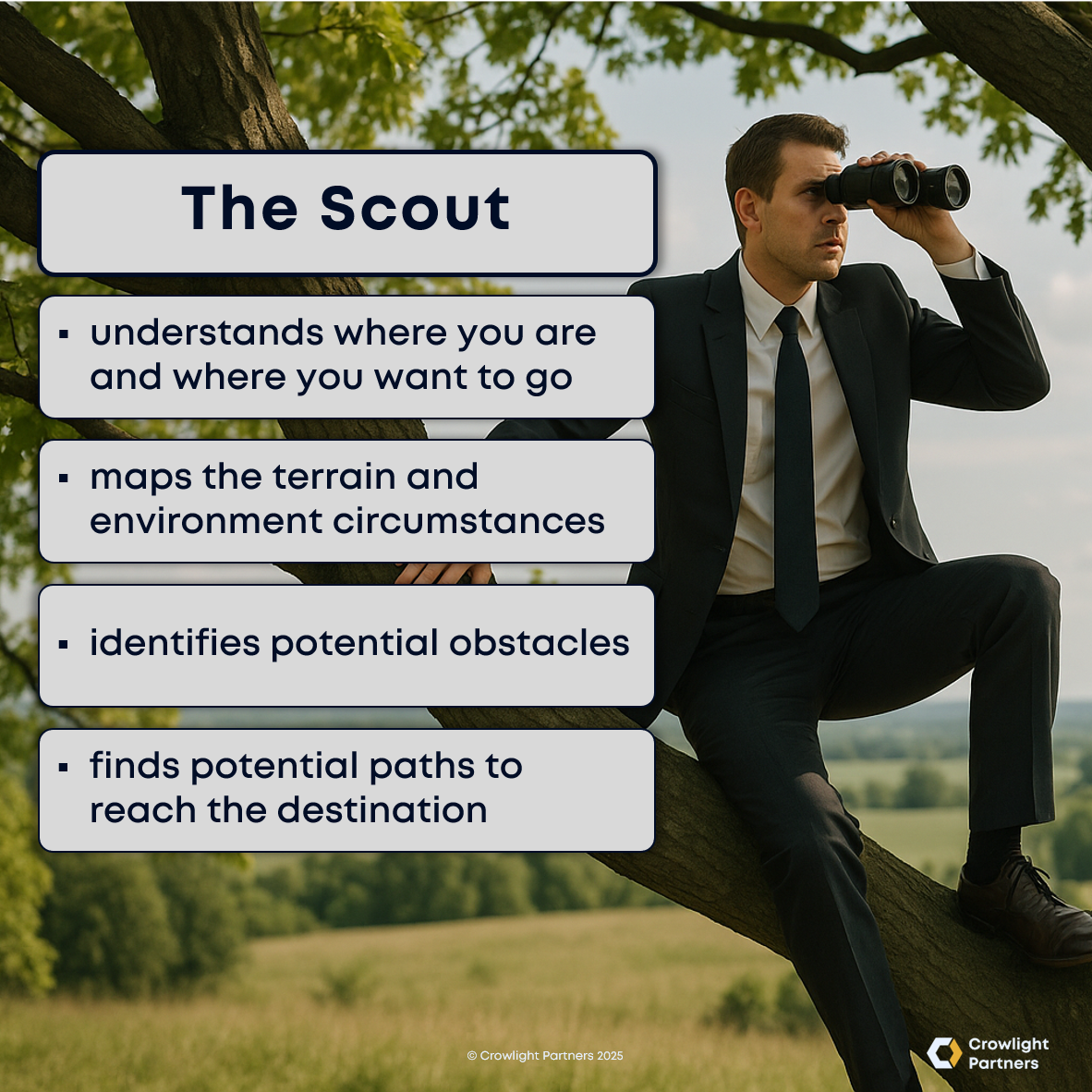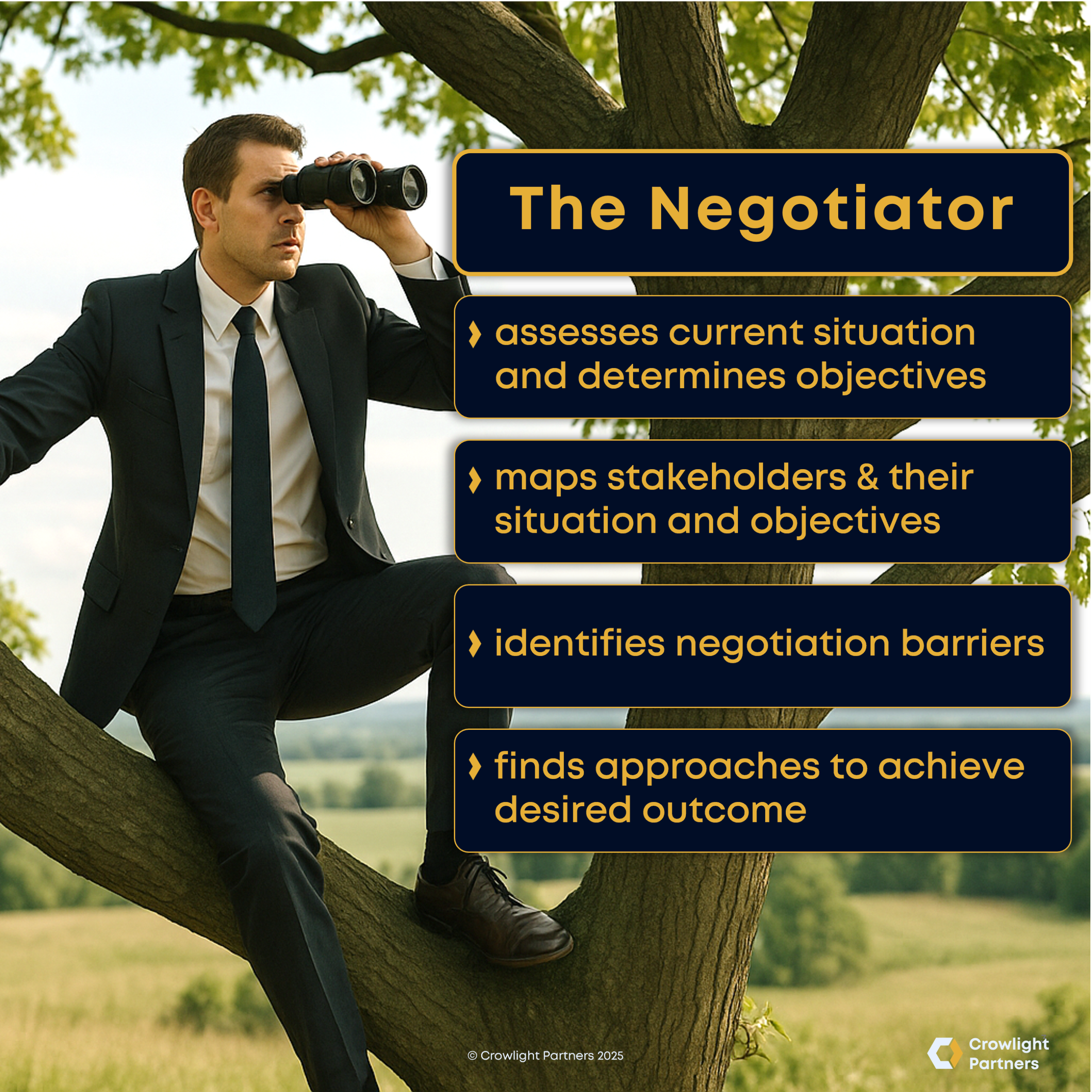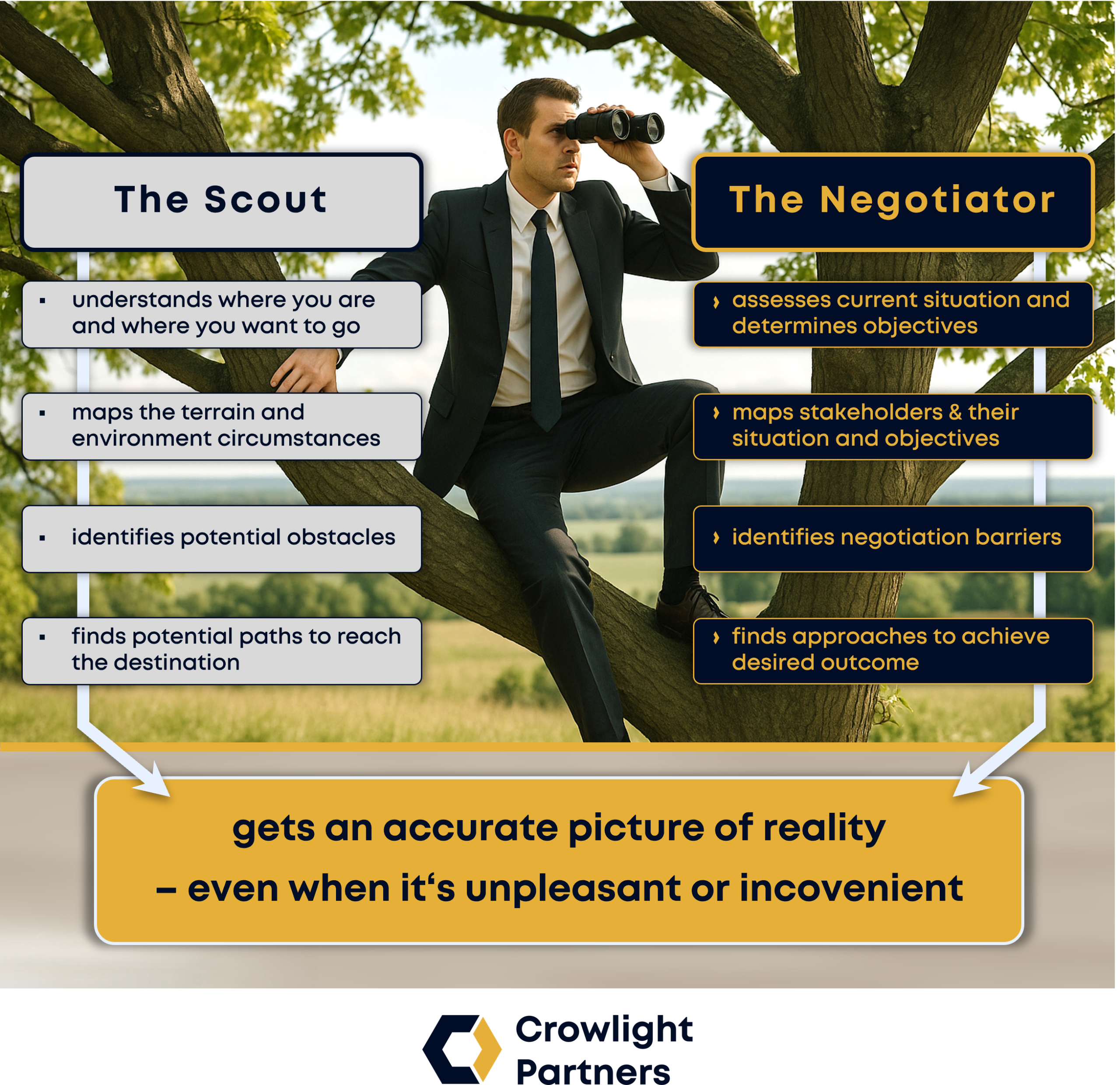What Navy SEAL leadership has to do with corporate performance.
‘Extreme Ownership’ offers a sharp and memorable lesson: you can’t lead if you don’t own the outcome — fully, completely, and without excuse.
It’s not about who to blame. It’s about responsibility and stepping up, even (or especially!) when the failure was caused by someone else. It’s about owning the whole mission, including the mess and the fix.
Key takeaways for business leaders and negotiators:
✅ There are no bad teams — only bad leaders. The tone you set defines the culture, the tempo, and the outcome.
✅ Cover and move. Silos kill coordination. Success comes from collaboration and mutual support across roles.
✅ Simplify. Prioritize. Execute. In high-stakes situations, clarity and focus are what keep teams aligned.
✅ Default to accountability. Blame fixes nothing. Ownership sets the conditions for action and trust.
Whether you’re leading a negotiation team, a business unit, or a transformation project, this book reminds us that leadership is never outsourced. It begins with you.
Leadership #ExtremeOwnership #Accountability #BookSpotlight #Teamwork #CrowlightReads



